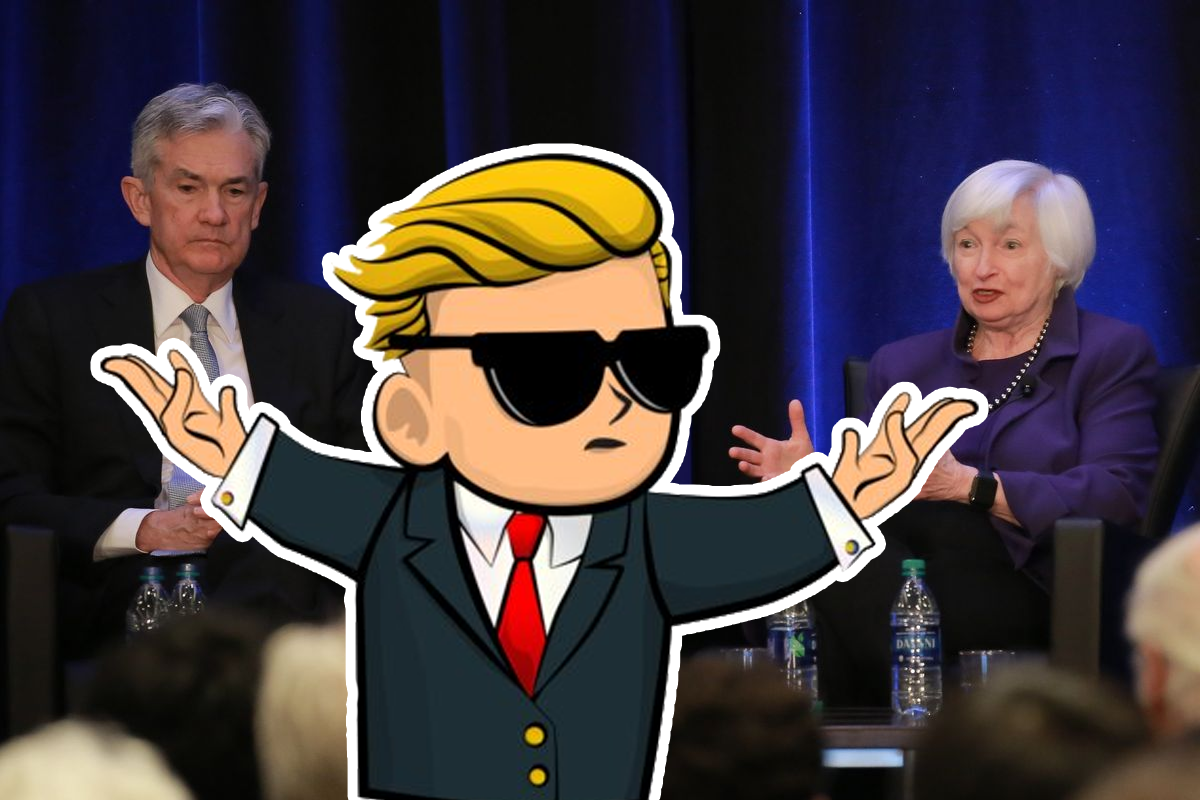 In the wake of the extreme price explosion in GameStop stock, driven in large part by the subreddit WallStreetBets on Reddit, there is naturally a great deal of talk about “market manipulation” and related concerns. Many people are saying that hedge funds manipulate markets. Others are saying that the rich and powerful are now upset because “manipulation has been democratized.” The Secruities and Exchange Commission (SEC) is now monitoring the situation. Nancy Pelosi has said Congress will get involved. Alexandria Ocasio-Cortez has called for committee hearings into trading apps preventing users from buying the stocks in question, with Ted Cruz in agreement with that action.
In the wake of the extreme price explosion in GameStop stock, driven in large part by the subreddit WallStreetBets on Reddit, there is naturally a great deal of talk about “market manipulation” and related concerns. Many people are saying that hedge funds manipulate markets. Others are saying that the rich and powerful are now upset because “manipulation has been democratized.” The Secruities and Exchange Commission (SEC) is now monitoring the situation. Nancy Pelosi has said Congress will get involved. Alexandria Ocasio-Cortez has called for committee hearings into trading apps preventing users from buying the stocks in question, with Ted Cruz in agreement with that action.
This is unacceptable.
We now need to know more about @RobinhoodApp’s decision to block retail investors from purchasing stock while hedge funds are freely able to trade the stock as they see fit.
As a member of the Financial Services Cmte, I’d support a hearing if necessary. https://t.co/4Qyrolgzyt
— Alexandria Ocasio-Cortez (@AOC) January 28, 2021
The situation is still unfolding in this regard, and it is difficult to comment on what may happen in the near future as a result of this astounding turn of events. In all this apparent chaos, it can be hard to see what the root of the problem was, and so breaking it down is likely to be supremely helpful.
To put it succinctly, a large number of hedge funds have been engaged in stock shorting of anemic and struggling companies like GameStop. This has entailed, in essence, borrowing stock shares today and selling them with the promise of buying them back and returning them to the lender at a later date. The idea is that the stock will be cheaper then, so a profit can be made.
Shorting a stock like this, however, carries a huge tail risk: if the stock price rises instead, the short position is a loser, and the more the price rises, the higher the losses. This can be prevented to some extent by engaging in a cover position: balancing the short position with a long of some kind so that if the stock rises, you can make some profit that will balance the losses of the short.
The big hedge funds did not do this. That is the core of the crisis that has now enveloped them, as their short positions exceeded even the total float of issued shares and /r/wallstreetbets redditors (semianonymous trolls by names like POTATO_IN_MY_ASS) recognized there was a potential to profit off what was basically a huge mistake by major hedge fund managers.
The reason why these hedge funds didn’t bother to cover their shorts is simple. Covering the shorts would reduce their potential profit from the short positions, and in a regime of easy credit and low interest rates, it becomes increasingly difficult to gain profits both in and out of the stock market. Short positions have gone from a small component of the complex, high-yield, high-risk investor strategy to a major source of profits that can’t be found without taking on that sort of risk.
These distortions are ultimately the result of the Fed’s incredibly easy money policy, both from holding interest rates at zero for years before starting to raise them before the covid-19 pandemic and for dropping them back to the floor and engaging in QE (quantitative easing) to support the lockdown-and-stimulus-aid paradigm that arose between the states trying to prevent covid (in a manner that, like an NFL team using the “prevent defense,” only “prevents you from winning”) and the Congress attempting to do the financial equivalent of drinking away the pain. With a sound money, none of these distortions would have been possible: the limitations of the currency itself would have forced an unwinding of excessive risk far before it could become a clash between major hedge funds and Reddit trolls.
As regards “market manipulation,” the emphasis is misplaced. The “manipulation” of hedge fund managers noting that the companies they are shorting are not doing well isn’t really even something that can count as manipulation. Neither is small-time investors on Reddit pointing out that a short squeeze condition could make them all money. That condition was created by the mistakes and excessive risks of the hedge fund managers and easily noted in publicly available information. If pointing out facts to investors is “market manipulation,” then nearly everything would qualify, from investor data sheets and quarterly earnings reports to press releases and news reporting.
What definitely qualifies as manipulation is the choice of major trading platforms like Robinhood to shut down the ability of smaller investors to buy stocks in GameStop (and other firms on the most shorted stock list) in an effort to keep the hedge funds afloat after making their massive mistakes. This has been rightly called out by AOC and Ted Cruz alike, because it is a blatant and one-sided restriction clearly designed to benefit the big players at the expense of the small-time investor. While there is nothing that should be illegal about such an act, it also clearly amounts to a sort of business self-sabotage: What investor will continue to use Robinhood knowing that if they potentially might make too much money, Robinhood will stop them from using the service?
Originally published at Disinthrallment.
Full story here Are you the author? Previous post See more for Next postTags: Featured,newsletter































